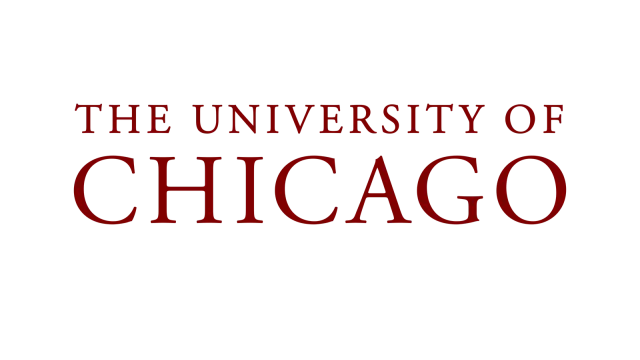Table of Contents
Alumni want the University of Chicago to stay on top of free speech

EQRoy / Shutterstock.com
Graduation preparations underway at the University of Chicago on June 1, 2023. Recently, UChicago alumni are forming a group to ensure the university continues to prioritize free expression.
The University of Chicago is well known in free speech circles for its commitment to protecting student and faculty expression. Now, alumni have formed the University of Chicago Free Speech Alliance to ensure the university continues to invest in these important principles.
UChicago produced both the “Chicago Statement,” a model free speech policy now adopted by more than 100 colleges and universities, and the “Kalven Report,” which advises that making political statements is not the role of the university but of its scholars and students. Yet after scoring in the top two of FIRE’s College Free Speech Rankings for three years running, UChicago came in at a still-respectable 13th out of 248 schools in the 2024 College Free Speech Rankings. Alumni were surprised by the change and don’t want to see the decline continue.
The main reason for the university’s fall? A student committee denied official recognition to a Turning Point USA chapter, claiming the committee could not “see a sufficient difference between [TPUSA] and the existing College Republican RSO,” with the administration supporting the decision to withhold recognition on that basis. FIRE contested the decision, on grounds that the student committee’s rejection of TPUSA as too similar to the College Republicans bore the earmarks of viewpoint discrimination. Specifically, FIRE noted, UChicago maintains any number of clubs with nearly identical charters and granted them all recognition — so objections to TPUSA’s similarity to the College Republicans ring hollow.
For example, the university recognizes the Asian Students Union, a Pan Asia group, and narrower national and regional groups for Asian students such as the Japanese Student Association, Korean Students Organization, Malaysian Students Association, and South Asian Students Association. Multiple clubs also exist in the interest areas of women in mathematics, LGBTQ+ students, and environmental activism. And those are just a few examples. UChicago’s real problem with TPUSA thus appears to be less about redundancy with other conservative groups and more about disfavoring the organization’s viewpoint.
“We are forming an alumni group that will give them a voice supporting the University community in its many real efforts to further its historical dedication to open academic inquiry and advocating for changes when the University strays from that path.”
UChicago alumnus and founding University of Chicago Free Speech Alliance member Mark Schiller explained in an interview with FIRE that the “University of Chicago must be made to live by its historic principles,” citing “societal and academic forces of intolerance” as obstacles to the university’s continued success.
Though the campus climate at UChicago is far better than that at, say, the University of Pennsylvania or Harvard University, the bottom two of FIRE’s 2024 College Free Speech Rankings, 72% of UChicago students surveyed still reported feeling uncomfortable publicly disagreeing with a professor on a controversial subject. Though UChicago performs better than most, that is still a disconcerting amount of hesitation among students to disagree about important issues.
Schiller is not alone in his concerns about a declining culture surrounding speech on campus. A growing number of UChicago alumni have now joined the University of Chicago Free Speech Alliance in its mission to encourage the university to meet illiberal obstacles “with full-throated support for free expression."
Together the alumni will support the rights of students and faculty at the university when they are threatened, host events educating students about their free expression rights, and remind UChicago that its alumni care about the university’s commitments to academic freedom, institutional neutrality, and free expression for all. Though the university is not experiencing a crisis on the level of many leading institutions, pressures towards illiberalism still threaten the university’s self-proclaimed belief in the “unfettered exchange of ideas” that “forces us to re-examine our assumptions, and opens the door to original ideas.”
Schiller wants his fellow alumni to know, “We are forming an alumni group that will give them a voice supporting the University community in its many real efforts to further its historical dedication to open academic inquiry and advocating for changes when the University strays from that path.”
Join Mark Schiller and the rest of the University of Chicago Free Speech Alliance and let the administration know that alumni are dedicated to preserving free expression at UChicago.
Recent Articles
Get the latest free speech news and analysis from FIRE.

VICTORY: Court vindicates professor investigated for parodying university’s ‘land acknowledgment’ on syllabus

Can the government ban controversial public holiday displays?

DOJ plan to target ‘domestic terrorists’ risks chilling speech



